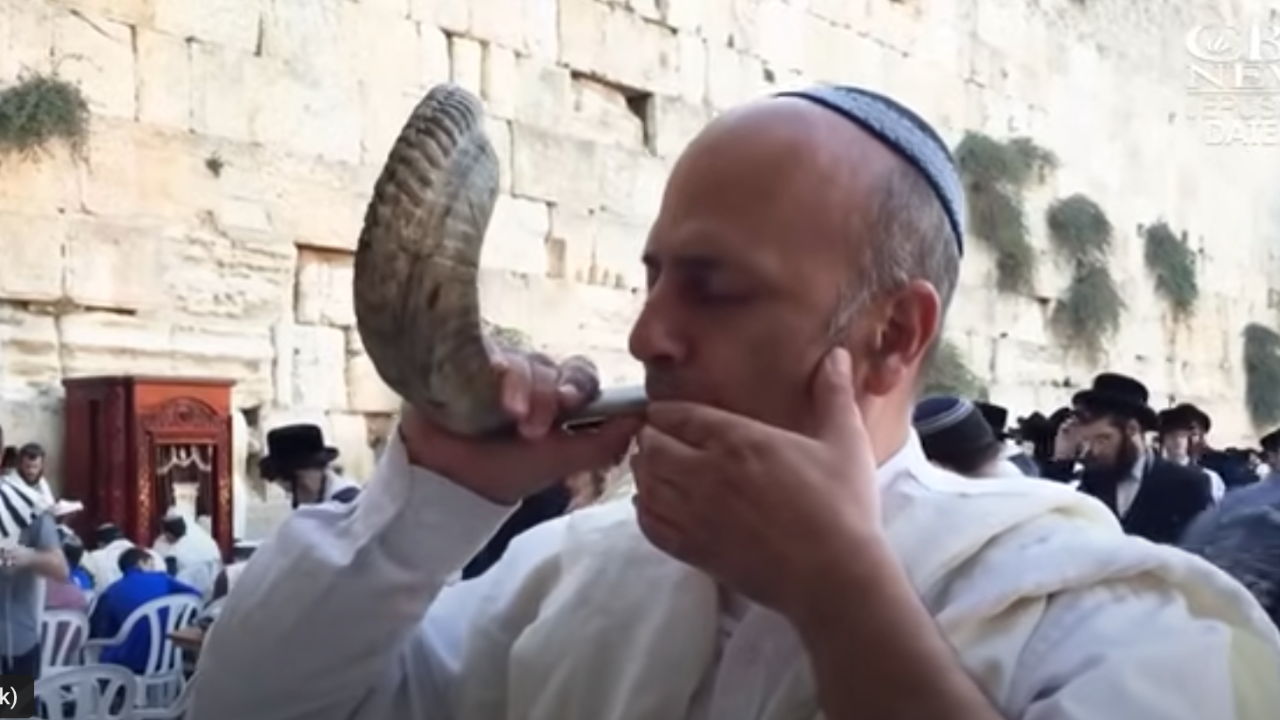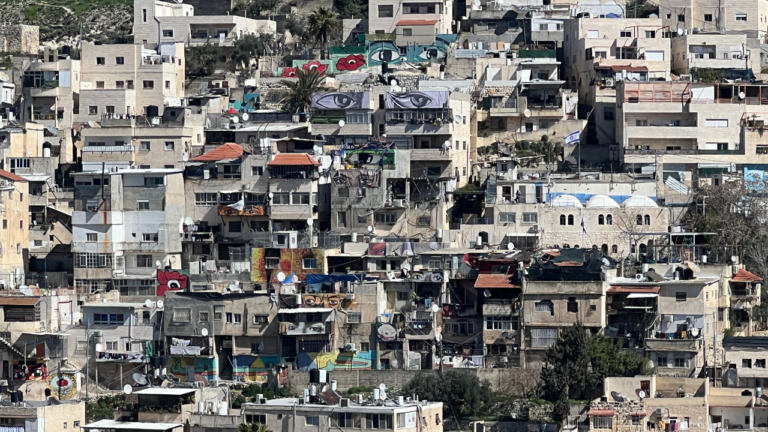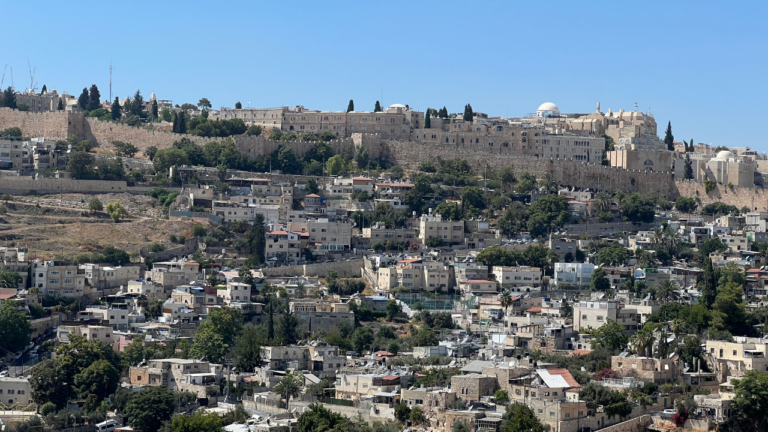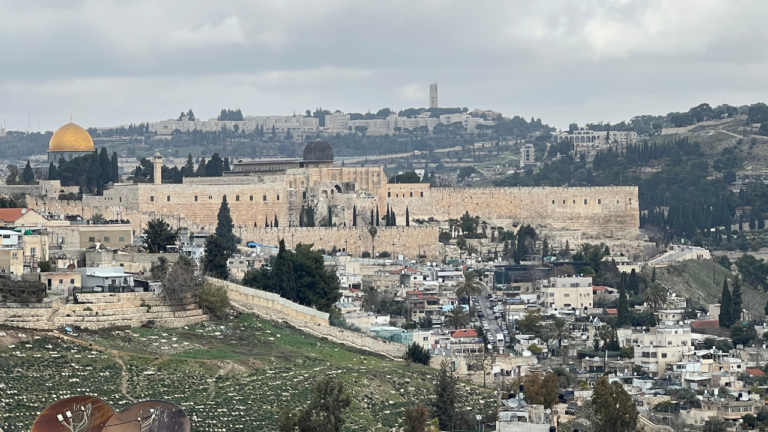Yom Kippur’s Final Call
While every tefillah of Yom Kippur is essential, Neilah (the last tefillah of Yom Kippur) is probably the
most potent and intense prayer in the entire Jewish calendar. While Neilah lacks the lengthy confessions
that appear in every other tefillah on Yom Kippur, it is brimming with calls of the thirteen merciful
attributes of Hashem. As the gates of prayer and repentance prepare to close at the end of Yom Kippur,
our level of desperation rises to the point where we don’t even have time to confess our sins; we can
only beg for HaKadosh Baruch Hu’s mercy.
This is why the climax of Neilah is so puzzling. Oddly, at the end of the final kaddish, the shofar is
sounded, and the entire congregation calls out “Leshanah Haba B’Yerushalayim! Next year in
Jerusalem!”. There is no mitzvah of shofar on Yom Kippur and the source of this custom is shrouded in
mystery. And the hopeful cry of leshanah haba also seems out of place. Neilah is about repentance and
purification, not the redemption of the Jewish people and the return to Jerusalem. While the special
service of the Kohen Gadol in the Temple is crucial to the day of Yom Kippur, we’d expect calls for
Jerusalem’s restoration to come after Mussaf, the prayer service that contains the detailed descriptions
of the Kohen Gadol’s avodah.
A deeper understanding of the conclusion to Neilah provides insight into this profound custom. After the
final recitation of the Avinu Malkeinu prayer, the congregation is led by the chazzan in a heartfelt
proclamation of fealty to Hashem and His absolute Oneness. The tefillah crescendos with the
congregation publicly calling out Shema Yisroel, the verse most associated with Hashem’s unity and
kingship over this world. What does Hashem’s kingship have to do with our day of atonement.
Repentance and purification are not supposed to be a selfish endeavor; our goal isn’t to “buy ourselves”
another year. In reality, the Jewish people enter into the Days of Awe with the desire to crown
HaKadosh Baruch Hu as King over creation. The blessing we recite to commemorate the sanctity of Yom
Kippur during the shmoneh esreh prayer refers to Hashem as the melekh al kol ha’aretz, King over the
entire earth. But the King’s glorification is limited by the shortcomings of His servants; an impure,
imperfect subject cannot truly establish the King’s dominion over His nation when he himself has
rebelled against the Monarchy’s directives. It is only after the purification of Yom Kippur and realigning
ourselves with God’s will that we can properly proclaim Hashem as the King of kings.
Additionally, Yom Kippur is a powerful reminder that nothing truly belongs to us. As the fear of the Day
of Judgement looms, it is obvious that everything we hold dear is ultimately in Hashem’s control; in His
mercy, He grants us our lives, families, livelihood, happiness, and fulfillment. As we say in the shacharit
service, Hashem is koneh avadav b’din; through His merciful granting of undeserved life and prosperity,
He acquires the loyalty of His servants who so desperately need him. When Hashem sits in judgement,
He demonstrates His dominion over everyone and everything in this universe. Truly, He is the melekh al
kol ha’aretz.
But as our inspired perception of Hashem’s kingship reaches a fever pitch, we instinctually realize that
His reign is missing something so essential. We spontaneously begin yearning for the sound of the
“Great Shofar” that will call back all Jews to their source, the rebuilt Jerusalem. The only way for
Hashem to be truly recognized as the sole Ruler who is beyond all levels of praise is with the return of
Klal Yisrael to the gates of Jerusalem. Reaching the culmination of our ability to coronate Hashem as
King, we recognize that we come far short. A desperate yearning for a return to Jerusalem is the only
proper response of Hashem’s servants, those who desire to hear the nations of the world proclaim
“Hashem, the God of Israel, is King!”
May we merit to hear the blast of the Messianic shofar and witness the return of the Jewish people to
the fully rebuilt Jerusalem, speedily in our days.



